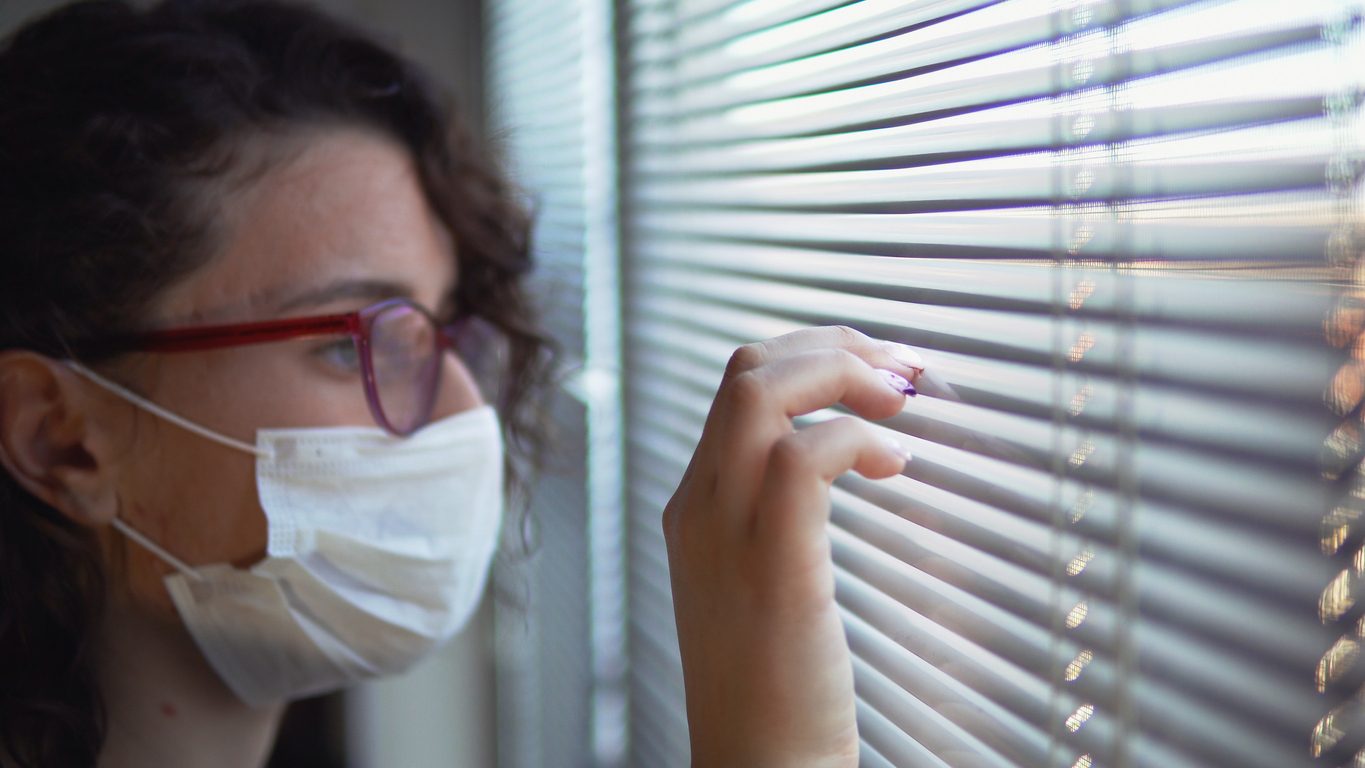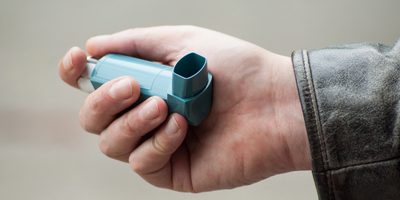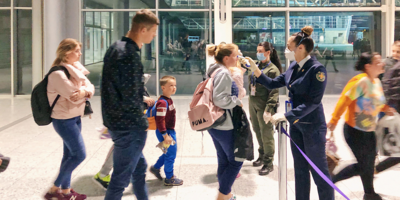
People with asthma can breathe easier when it comes to COVID risk, study shows
A new study looking at how COVID-19 affects people with asthma provides reassurance that having the condition doesn’t increase the risk of severe illness or death from the virus.
George Institute researchers analysed data from over 300,000 people infected with COVID-19 from Asia, Europe, and North and South America and found they had similar proportions of asthma to the general population.
Lead author Dr Anthony Sunjaya said that as the COVID-19 pandemic spread across the world, concerns were raised that people with asthma might be at a higher risk of becoming infected, or of becoming sicker or even dying.
“People with chronic respiratory conditions like asthma were previously reported to be at greater risk during the Middle East Respiratory Syndrome (MERS) outbreak, caused by a virus with a similar structure,” he said.
“Also, respiratory infections like those caused by coronaviruses can exacerbate asthma symptoms and corticosteroid treatment may increase susceptibility to COVID-19 infection and its severity.”
The George Institute team set out to provide the best available evidence on the risk of infection, severe illness (requiring admission to ICU and/or ventilator use) and death from COVID-19 in people with asthma.
The results showed that just over seven in every 100 people who tested positive for COVID-19 also had asthma, compared to just over eight in 100 in the general population having the condition. They also showed that people with asthma had a 14 percent lower risk of acquiring COVID-19 and were significantly less likely to be hospitalised with the virus.
Finally, there was no apparent difference in the risk of death from COVID-19 in people with asthma compared to those without.
Head of The Institute’s Respiratory Program Professor Christine Jenkins said that while the reasons for these findings weren’t clear, there were some possible explanations.
“Chemical receptors in the lungs that the virus binds to are less active in people with a particular type of asthma and some studies suggest that inhaled corticosteroids - commonly used to treat asthma - can reduce their activity even further,” she said.
“Also, initial uncertainty about the impact of asthma on COVID-19 may have caused anxiety among patients and caregivers leading them to be more vigilant about preventing infection.”
Dr Sunjaya added that while this study provides some reassurance about the risks of exposure to COVID-19 in people with asthma, doctors and researchers were still learning about the effects of the virus.
“While we showed that people with asthma do not seem to have a higher risk of infection with COVID-19 compared to those without asthma and have similar outcomes, we need further research to better understand how the virus affects those with asthma,” he said.









